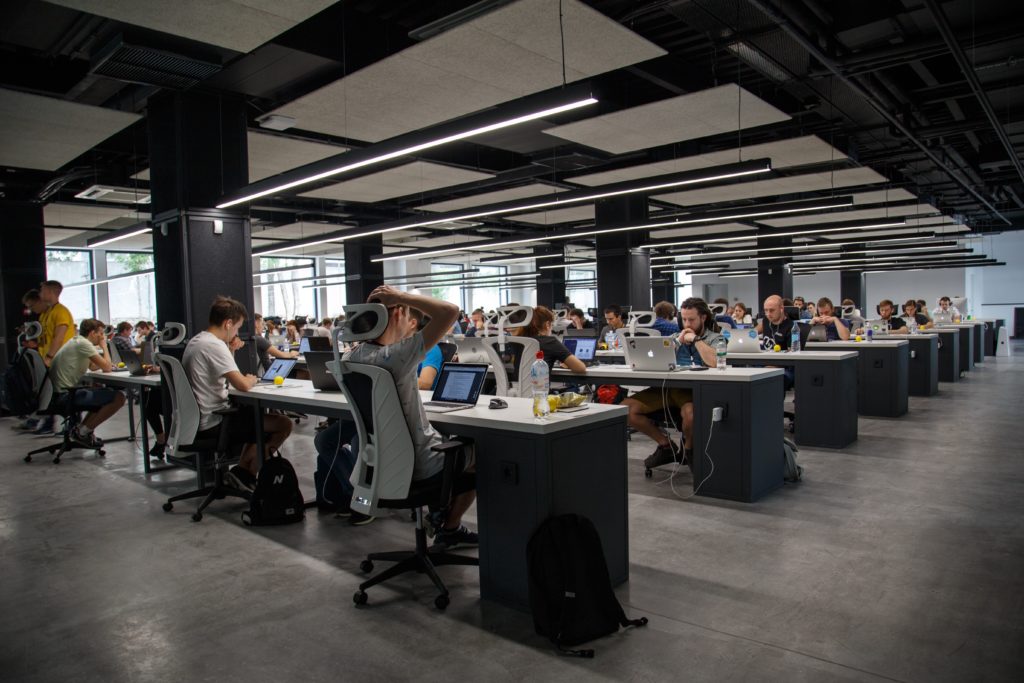If you’re walking down a street in Florence, you’ll see “wine windows” that date back to the 16th century.
Once part of everyday life in Tuscany, these wine windows are arched stone hatches carved into buildings. In medieval times, people would visit one of these shops after work, knock on a wooden shutter, drop some coins on a pallet, and magically receive wine from a phantom hand.
Wine windows eventually fell into disuse, but hundreds of years later, they’re making a comeback. Creative shop owners have resurrected wine windows to serve everything from gelato to Sangiovese in a socially distanced way during the COVID-19 pandemic.
I love this story because it challenges a popular assumption: For something to be original, it must be shiny and new.
When I first started writing, this assumption was paralyzing. Whenever I thought I came up with a “new” idea, I’d eventually discover that someone else far smarter than me had already written about it. I’d scrap the idea and go back to searching for that elusive originality unicorn (which vanished the moment I thought I spotted it).
But innovative ideas, as wine windows show, don’t have to be new. Originality often requires returning to the origin, to paraphrase the great Catalan architect Antoni Gaudi. Old ideas can be innovative. Yes, human beings evolve, and yes, the world changes at a dizzying speed, but challenges, ideas, and questions echo across generations.
This is why the renowned record producer Rick Rubin tells his bands not to listen to new songs while they produce an album. They’re “better off drawing inspiration from the world’s greatest museums,” Rubin says, “than finding it in the current Billboard charts.”
Rubin’s advice applies not just across history, but across industries as well. What’s old and commonplace in one industry can be groundbreaking in another. For example, Larry Page and Sergey Brin adopted an old idea from academia—the frequency of citations to an academic paper indicates its popularity—and applied it to the search engine to create Google. Netflix cofounder Reed Hastings was inspired by the subscription model used by the fitness industry for decades: “You could pay $30 or $40 a month and work out as little or as much as you wanted.” Frustrated by the big late fees he had incurred for renting Apollo 13, Hastings decided to apply the same model to video rentals.
Before you dismiss an old idea and say “This isn’t original,” think again. Creativity often blossoms in places where people aren’t looking.
Concepts (like the wine windows) that have fallen out of awareness.
Once-influential books now out of circulation.
Great ideas that missed their moment.
Scientific findings still in need of an intellectual champion.
Once you put your own take and your own expression on these ideas, they will be original—even if they’ve been collecting dust for centuries.




